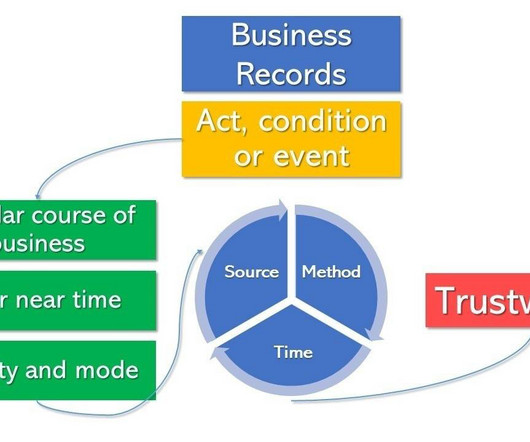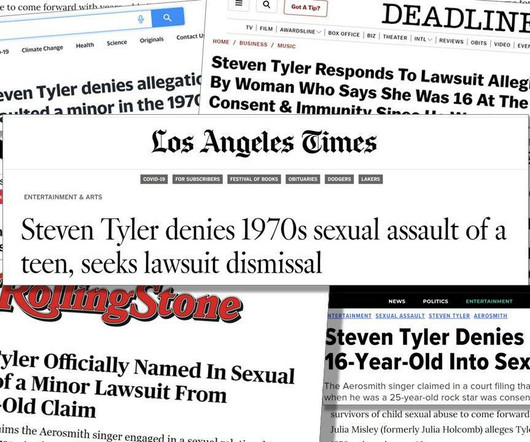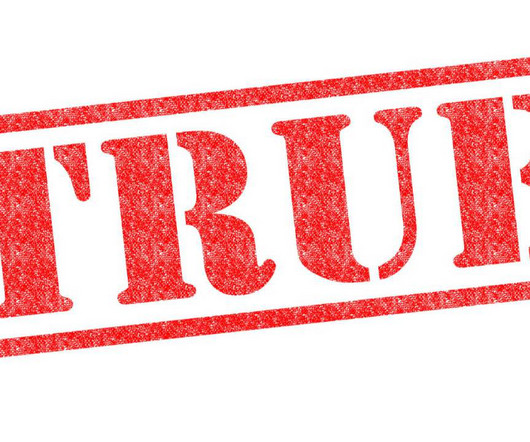California's Secondary Evidence Rule: Helpful, Yes. But Not an End Run.
Evidence at Trial
DECEMBER 17, 2021
California's secondary evidence rule (Cal. Code §§ 1521 - 1523) provides a commonsense approach that begins with a simple general rule: "The content of a writing may be proved by otherwise admissible secondary evidence." What if the documents are lost or missing? Code § 1521(a). Code § 1271.











Let's personalize your content